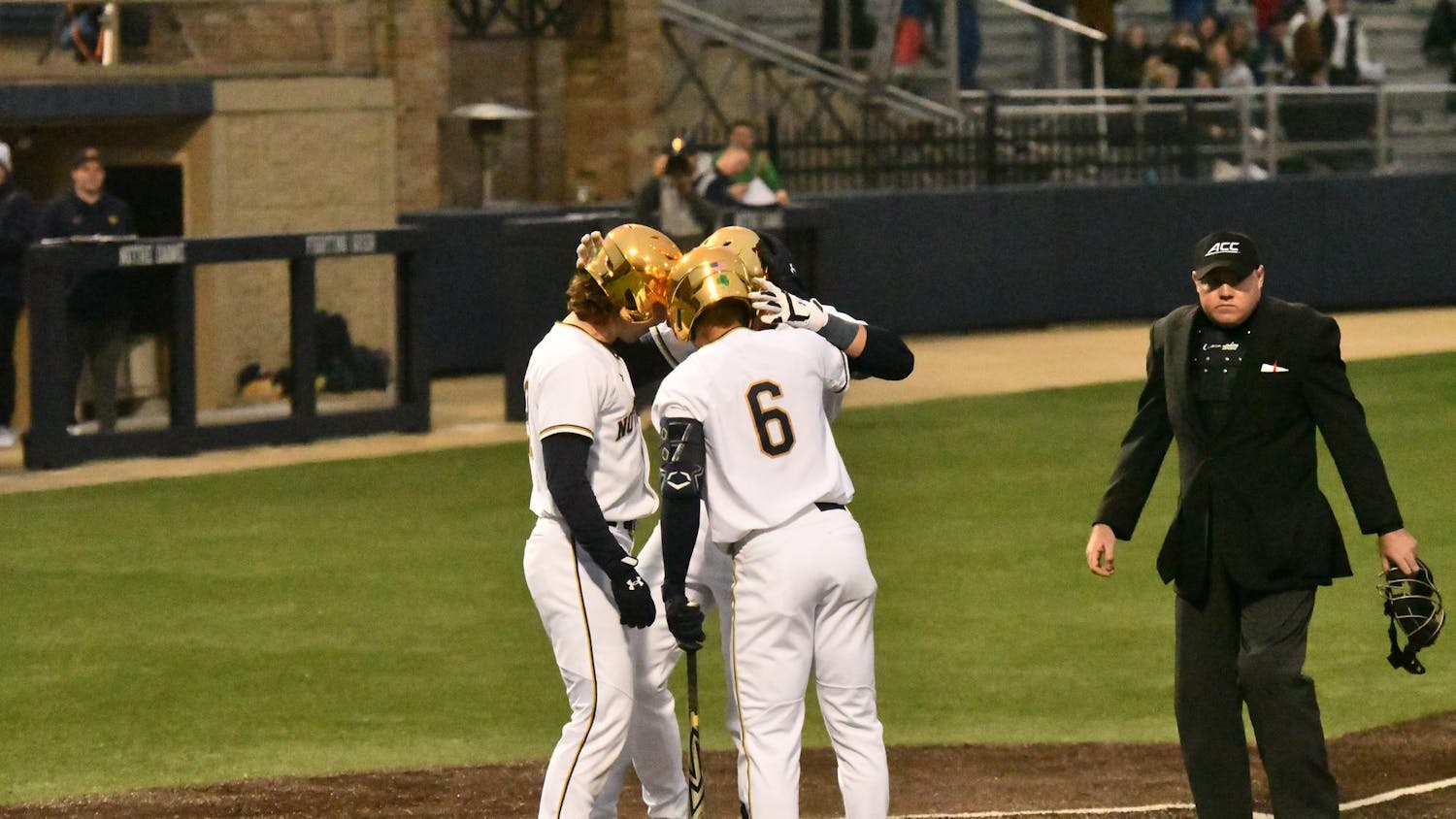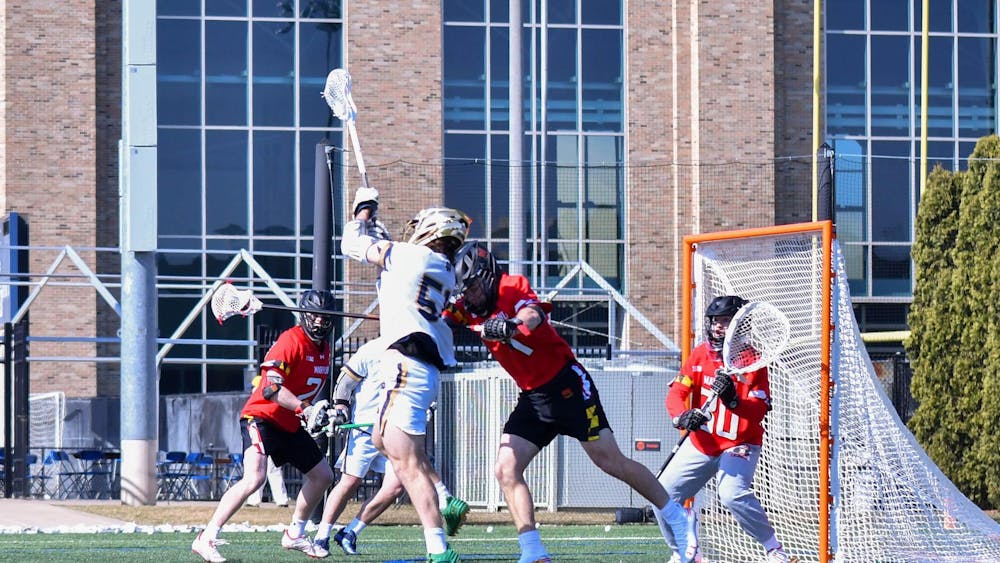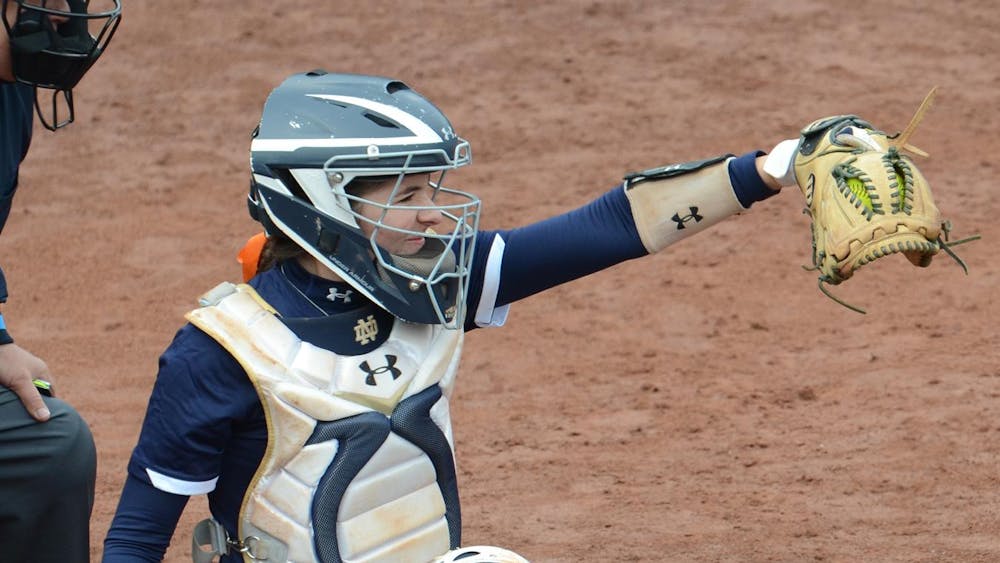Over the weekend, legendary Korean midlaner Lee “Faker” Sang-hyeok led his team SK Telecom T1 to its second League of Legends world championship. In front of a live crowd of 15,000 and a digital audience of roughly 27 million, Faker and his teammate of many years, Jang “Marin” Gyeong-hwan, became the first ever two-time League of Legends world champions — an impressive feat in an esport that has seen four different champions in five years of international play.
Admittedly, this highlight may seem misplaced in a sports column — and on a traditionally-construed sports page, it would certainly raise more than a few eyebrows. But we are reaching a point of no return when it comes to esports in the media. As sports journalists, it seems increasingly irresponsible to ignore an outlet with such a significant presence in the global media.
These aren’t your father’s professional video games — headlined by dusty LAN parties in the basements of American convention centers and playing host to hobbyists who, after their day in the esports sun, return to their day jobs as accountants or lobbyists or students. Today, the esports scene is dominated by young adults (almost exclusively men, in the case of League of Legends) whose gaming pursuits are their careers.
This may seem difficult to believe. These professional gamers are barely old enough to graduate college (in fact, some have taken leave from their educations in order to pursue careers in professional gaming — an aspect of esports that draws direct comparisons to traditional sports such as football and basketball). And yet, it is estimated that the most successful professional League of Legends players, such as Danish American midlaner Soren “Bjergsen” Bjerg, make anywhere between $20,000 and $40,000 per month simply from streaming their daily games on services such as Twitch.tv. For those of you keeping score at home, that’s roughly $360,000 a year before taxes (but also before counting professional earnings and contractual wages earned from Team SoloMid, the North American team that Bjerg plays for).
Additionally, esports such as League of Legends have built an incredible infrastructure around the game that broadcasts professional matches, hosts weekly programs featuring professional analysis and discussion and sells merchandise associated with professional teams and players. All of this — this development of a broader culture around the activity itself — strikes me as eerily familiar.
Nobody is arguing that esports as a whole — let alone League of Legends in particular — have the same sort of draw as, say, the NFL. I am not attempting to reconcile or elucidate the fundamental differences between esport and traditional sport, nor am I seeking to insert esports into the American sporting canon. Still, I can’t help but wonder if it’s time for sports journalists to start paying attention when next year’s League of Legends world championship rolls around.
With media outlets like the New York Times and the BBC already getting in on the action, it seems that the world of journalism is starting to warm to the idea of discussing esports seriously — and I would like to board that train before it picks up too much steam.













